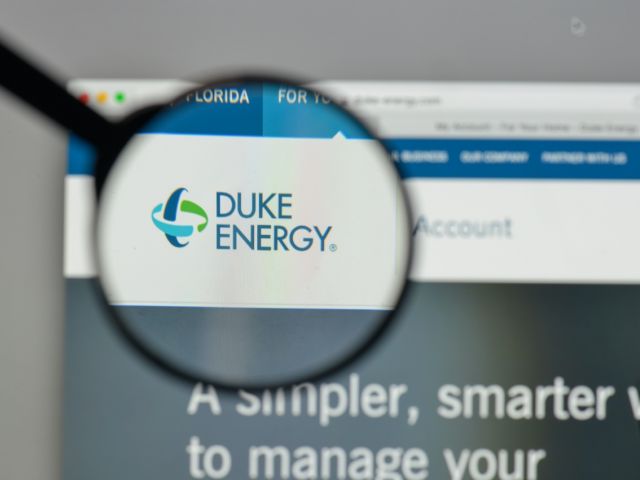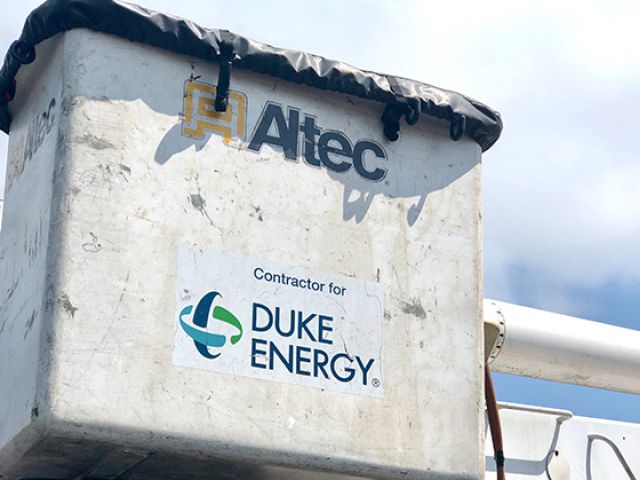SAN FRANCISCO – Big Oil companies are “greenwashing” with claims that they embrace clean energy even though behind closed doors they dismiss the effort and remain wedded to dirty fossil fuel investments, a House investigation has found.
At the same time, documents show, the companies have been fighting climate regulations, and also admit their lofty plans for tackling the climate crisis won’t reduce greenhouse gas emissions.
The two-faced industry approach is detailed in the House Oversight & Reform Committee’s release today of more internal oil industry documents that further underscore Big Oil’s refusal to curb production of and investments in fossil fuel extraction – despite publicly claiming to promote emissions cuts and clean energy.
The committee published hundreds of pages of internal communications of executives with BP, Chevron, Exxon, Shell, the U.S. Chamber of Commerce and the American Petroleum Institute, with many hostile to limiting fossil fuel energy production.
In a memo released alongside the documents, the committee says oil companies have engaged in a “long-running greenwashing campaign” over industry claims it is moving toward renewable energy sources. The industry has enjoyed record profits at the pump, topping $104 billion in 2022, more than three times its 2021 profits.
The following is a statement from the Environmental Working Group’s President Ken Cook in response to the House panel memo and documents:
“The documents clearly show Big Oil has zero intention of divesting from fossil fuels in order to save the planet from the worst impacts of the climate crisis,” said Cook. “Instead, they’re engaging in greenwashing tactics and exploiting the recent energy market turmoil to invest even more in oil and gas extraction.”
Highlights of the committee’s findings include:
- A strategy slide presented to the Chevron Board of Directors from CEO Mike Wirth explains that while Chevron sees “traditional energy business competitors retreating” from oil and gas, “Chevron’s strategy” is to “continue to invest” in fossil fuels to take advantage of consolidation in the industry.
- Even as it publicly announced support for Paris Agreement goals, BP continues to invest in a future dependent on fossil fuels. In an internal Q3 2017 Operational Performance Review for the lower 48 states, BP described its intent to “[s]ignificantly increase development in regions with oil potential,” and to “focus primarily on projects in current basins that generate the highest rate of return.”
- Fossil fuel companies admit privately that they have pursued a strategy to “resist and block” climate regulations, and that they will only cut emissions “where it makes commercial sense.” And they admit a key part of their climate plans – selling assets to other oil companies – will not actually reduce emissions.
- In a 2016 email from a BP executive to John Mingé, Chairman and President of BP America, and others, about climate and emissions trading, an employee assessed that the company often adopted an obstructionist strategy with regulators, noting, “we wait for the rules to come out, we don’t like what we see, and then try to resist and block.”
- One BP executive asserted in an internal email that the company had “no obligation to minimize GHG [greenhouse gas] emissions” and that the company should only “minimize [GHG emissions] where it makes commercial sense.” The same BP executive concluded that “the benefits of any proposal to adopt a lower GHG option needs to be balanced against the cost to do so.”
- One BP executive privately admitted that divesting fossil fuel assets is “an important part of our strategy” even though “these divestments may not directly lead to a reduction in absolute global emissions.”
###
The Environmental Working Group (EWG) is a nonprofit, non-partisan organization that empowers people to live healthier lives in a healthier environment. Through research, advocacy and unique education tools, EWG drives consumer choice and civic action.



